When facing a cancer diagnosis, the road ahead can be daunting. Understanding your treatment options is crucial to feeling empowered and in control. One important aspect of modern cancer care is adjunctive therapy—treatments that complement primary cancer therapies like surgery, chemotherapy, or radiation. This blog post will explore what adjunctive therapy in oncology means, how it can enhance your cancer treatment journey, and answer some commonly asked questions.
Welcome to the
Oncology and Hematology Community
Welcome to our journal. Here you can find the latest Clinical Trials insights and articles.
Join Upcoming Event
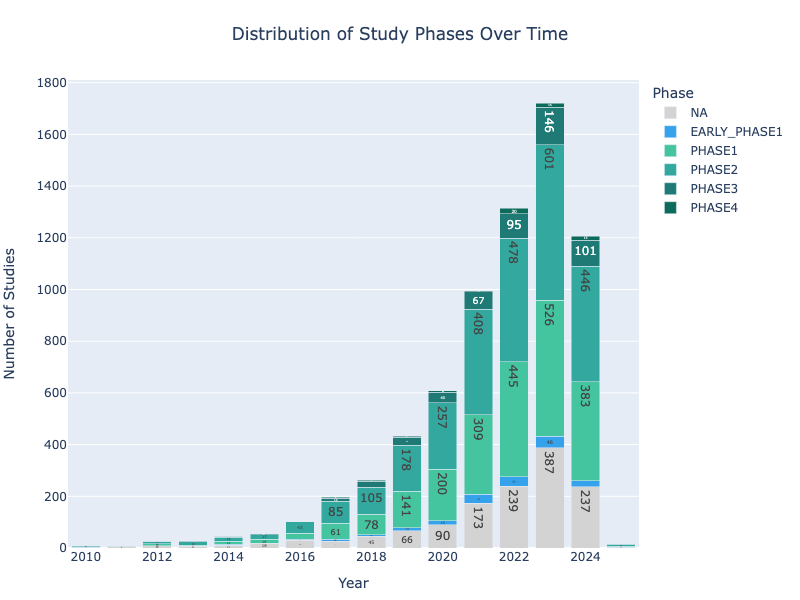
In the past few years, "precision oncology" has become a buzzword in the world of cancer care, offering new hope to patients everywhere. But what exactly is precision oncology, and how does it differ from traditional cancer treatments? In this blog post, we’ll dive into what precision oncology means, how it works, and why it’s considered a game-changer in the fight against cancer.
Receiving a lung cancer diagnosis can be overwhelming, and understanding your treatment options is crucial. Thoracic oncology, a specialized field focused on cancers of the chest, offers a variety of approaches to treat lung cancer effectively. This blog post will guide you through the basics of thoracic oncology, including common treatment options and what to expect throughout your journey.
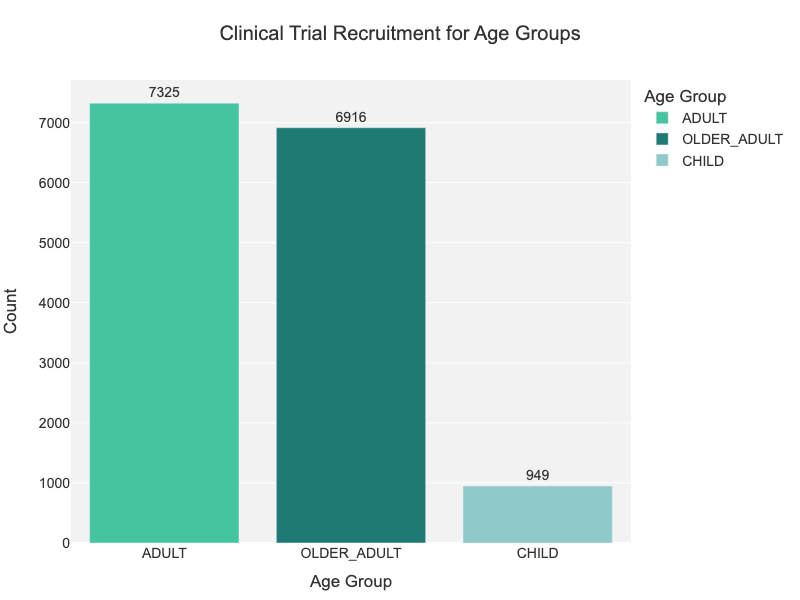
When you or a loved one faces a diagnosis involving the brain or spinal cord, the journey ahead can feel overwhelming. One of the first steps in navigating this path is understanding the basics of neuro-oncology—the field of medicine that focuses on tumors of the brain and spinal cord. This blog post will provide an overview of what neuro-oncology entails, common types of brain tumors, treatment options, and answers to frequently asked questions.
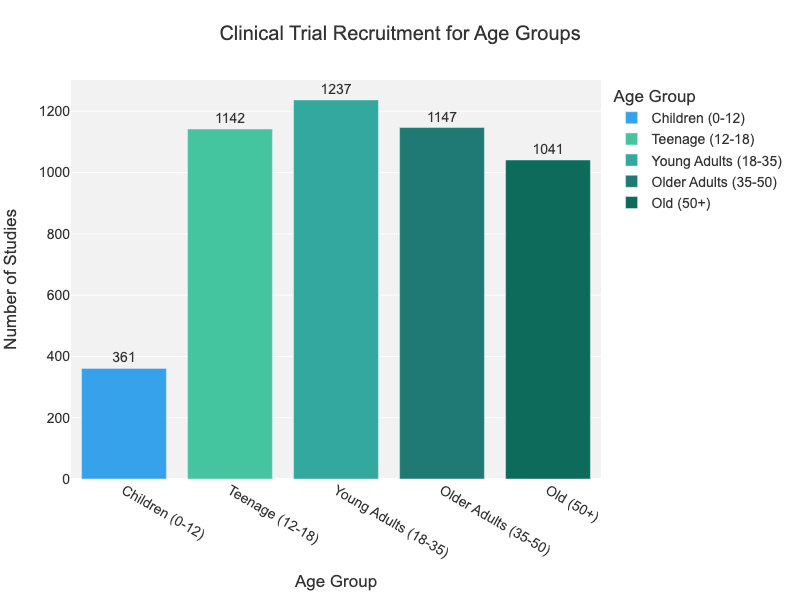
Adjuvant therapy for breast cancer is a critical component of treatment designed to reduce the risk of cancer returning after the primary treatment, typically surgery, has removed the visible tumor. This additional therapy can involve chemotherapy, radiation, hormone therapy, or targeted therapy, and is tailored to each patient’s individual cancer type and stage.
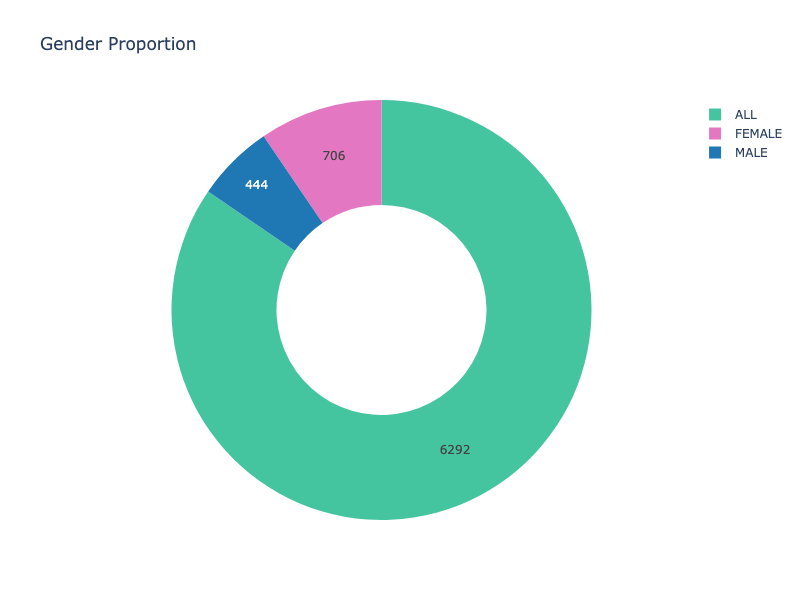
Proton therapy is an advanced form of radiation therapy that uses protons instead of traditional X-rays to target and destroy cancer cells. As a highly precise cancer treatment, it’s particularly useful in treating tumors located near vital organs or in sensitive areas where minimizing damage to surrounding healthy tissues is critical.
When it comes to cancer treatment, both proton therapy and photon radiation therapy are advanced forms of radiation therapy designed to target and destroy cancer cells. However, they work in fundamentally different ways, which leads to distinct advantages and limitations for each. Understanding the differences between these two treatments is essential for patients and healthcare professionals in deciding the best course of action.
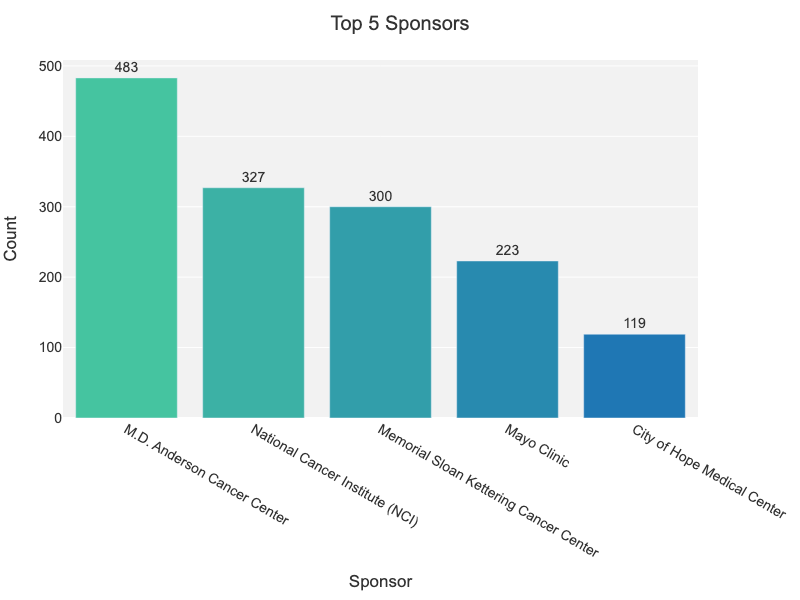
Adjuvant chemotherapy is a crucial part of breast cancer treatment, especially for patients with early-stage breast cancer or those at risk of recurrence. The number of chemotherapy cycles recommended depends on various factors, such as the cancer stage, hormone receptor status, HER2 status, and the specific chemotherapy regimen. Typically, most breast cancer patients undergo 4 to 8 cycles of chemotherapy over a period of 3 to 6 months.
Hormone therapy, also known as endocrine therapy, is a type of cancer treatment that slows or stops the growth of cancers that depend on hormones to develop. This therapy is commonly used for hormone-sensitive cancers, such as breast cancer and prostate cancer, where growth is fueled by hormones like estrogen, progesterone, or testosterone. The goal is to reduce the levels of these hormones or block their effects on cancer cells.
Lung cancer treatment has evolved significantly over the years, with a focus on providing personalized care based on the type and stage of cancer. The standard care for lung cancer typically includes a combination of surgery, chemotherapy, radiation therapy, targeted therapy, and immunotherapy. These treatments are selected based on whether the lung cancer is classified as non-small cell lung cancer (NSCLC) or small cell lung cancer (SCLC), which are the two main types of the disease.